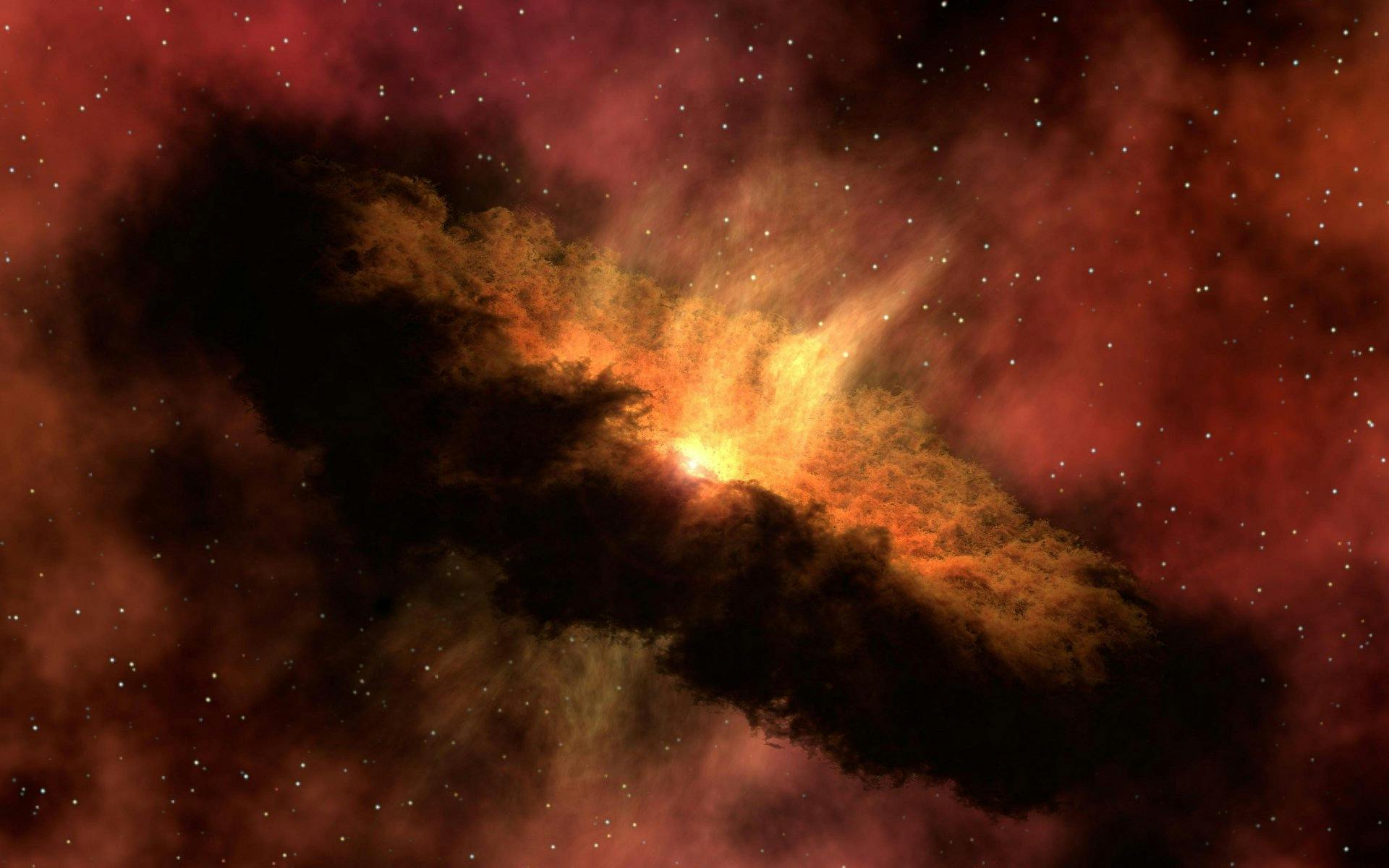Space has always been a realm of mystery and wonder, but recent discoveries are challenging everything we thought we knew. From enigmatic black holes to the unexpected behavior of distant galaxies, scientists are uncovering phenomena that defy conventional understanding. These breakthroughs not only expand our knowledge but also reshape the very fabric of astrophysics. Here are some of the most groundbreaking discoveries that are redefining our understanding of space.
The Mysteries of Dark Matter and Dark Energy
For decades, dark matter and dark energy have been the universe’s most elusive secrets. Together, they make up about 95% of the cosmos, yet their true nature remains unknown. Recent observations from telescopes like the James Webb Space Telescope (JWST) and the Euclid mission are providing new clues.
Dark Matter’s Invisible Influence
Dark matter doesn’t emit, absorb, or reflect light, yet its gravitational pull shapes galaxies. Researchers have discovered galaxies that appear to lack dark matter entirely, challenging existing theories. Meanwhile, other studies suggest dark matter might interact with itself in ways we don’t yet understand.
Dark Energy’s Accelerating Expansion
Dark energy is causing the universe to expand at an accelerating rate. New data from supernova surveys and cosmic microwave background measurements reveal inconsistencies in the Hubble constant—a key parameter in cosmology. This “Hubble tension” hints that our models of dark energy may need revision.
Black Holes: More Than Cosmic Vacuum Cleaners
Black holes have long fascinated scientists, but recent discoveries show they’re far more complex than previously imagined.
Intermediate-Mass Black Holes
For years, black holes were thought to exist in two sizes: stellar-mass and supermassive. Now, evidence of intermediate-mass black holes (IMBHs) has emerged, bridging the gap. These elusive objects could hold clues about how supermassive black holes form.
Black Hole Mergers and Gravitational Waves
The LIGO and Virgo collaborations have detected gravitational waves from merging black holes, revealing unexpected pairings. Some black holes spin in ways that defy predictions, suggesting new formation mechanisms. These findings are rewriting the rules of black hole physics.
Exoplanets and the Search for Alien Life
The hunt for habitable worlds beyond our solar system has yielded astonishing results, thanks to missions like JWST and TESS.
Earth-Like Planets in the Habitable Zone
Scientists have identified dozens of exoplanets in the “Goldilocks zone,” where liquid water could exist. Some, like TOI-700 d, show promising signs of atmospheres that might support life. JWST’s spectroscopic analysis is now probing these worlds for biosignatures.
Strange and Unexpected Exoplanets
Not all exoplanets fit familiar categories. Some are “super-Earths” with densities unlike anything in our solar system, while others orbit dead stars or drift freely through space. These discoveries challenge our definitions of planets and solar systems.
The Surprising Behavior of Galaxies
Galaxies are the building blocks of the universe, but they’re behaving in ways that baffle astronomers.
Galaxies Without Dark Matter
A handful of galaxies, like NGC 1052-DF2, appear to have little or no dark matter. This contradicts the idea that dark matter is essential for galaxy formation, forcing scientists to reconsider their models.
Early Galaxies Defying Cosmic Rules
JWST has spotted galaxies from the early universe that are far larger and more mature than expected. These “universe breakers” suggest that galaxy formation happened much faster than current theories allow.
Conclusion
Space is more mysterious and dynamic than we ever imagined. From the invisible grip of dark matter to the bizarre nature of black holes and the search for alien worlds, each discovery pushes the boundaries of science. As technology advances, we can expect even more revelations that will continue to redefine our understanding of the cosmos. The universe is full of surprises—and we’re only just beginning to uncover them.
